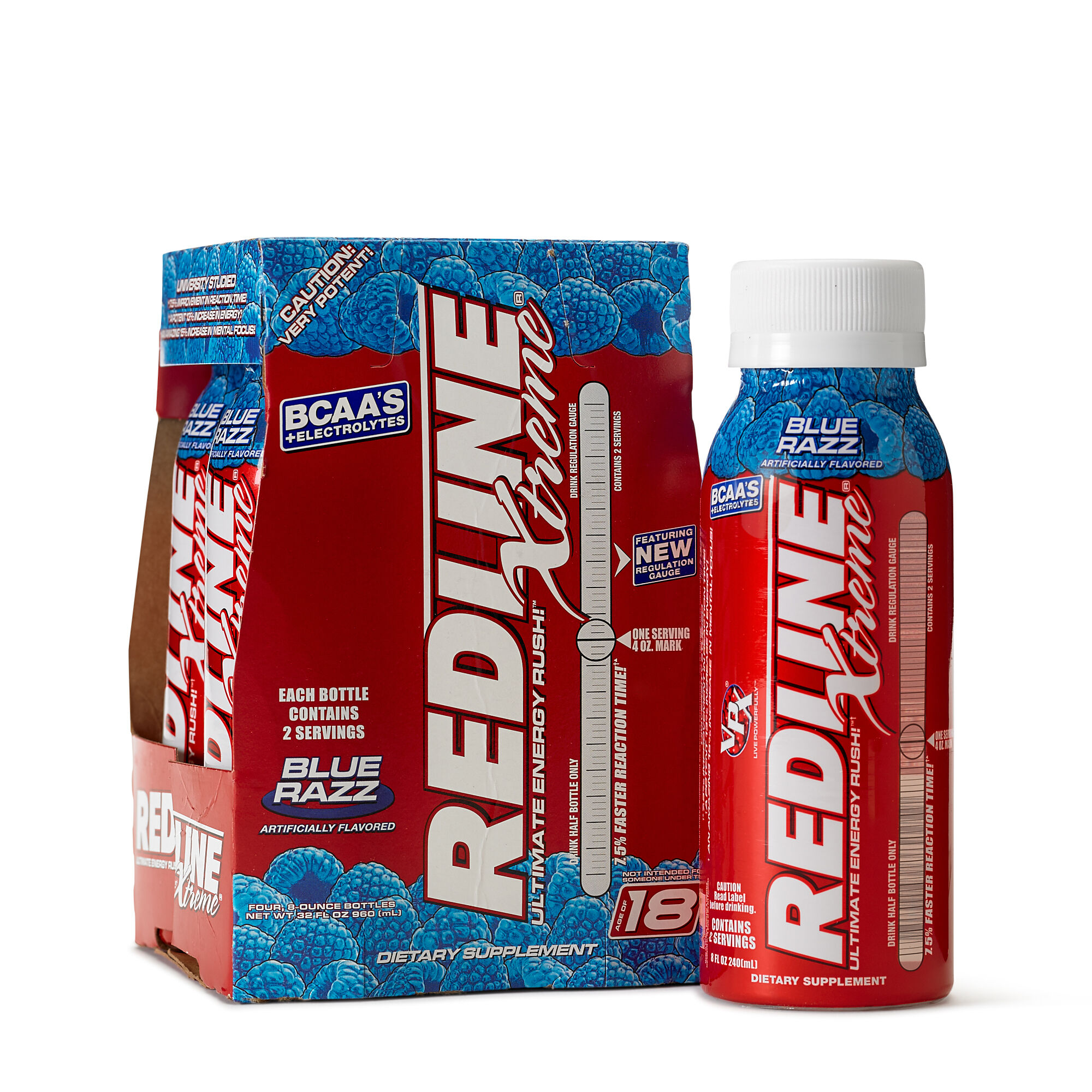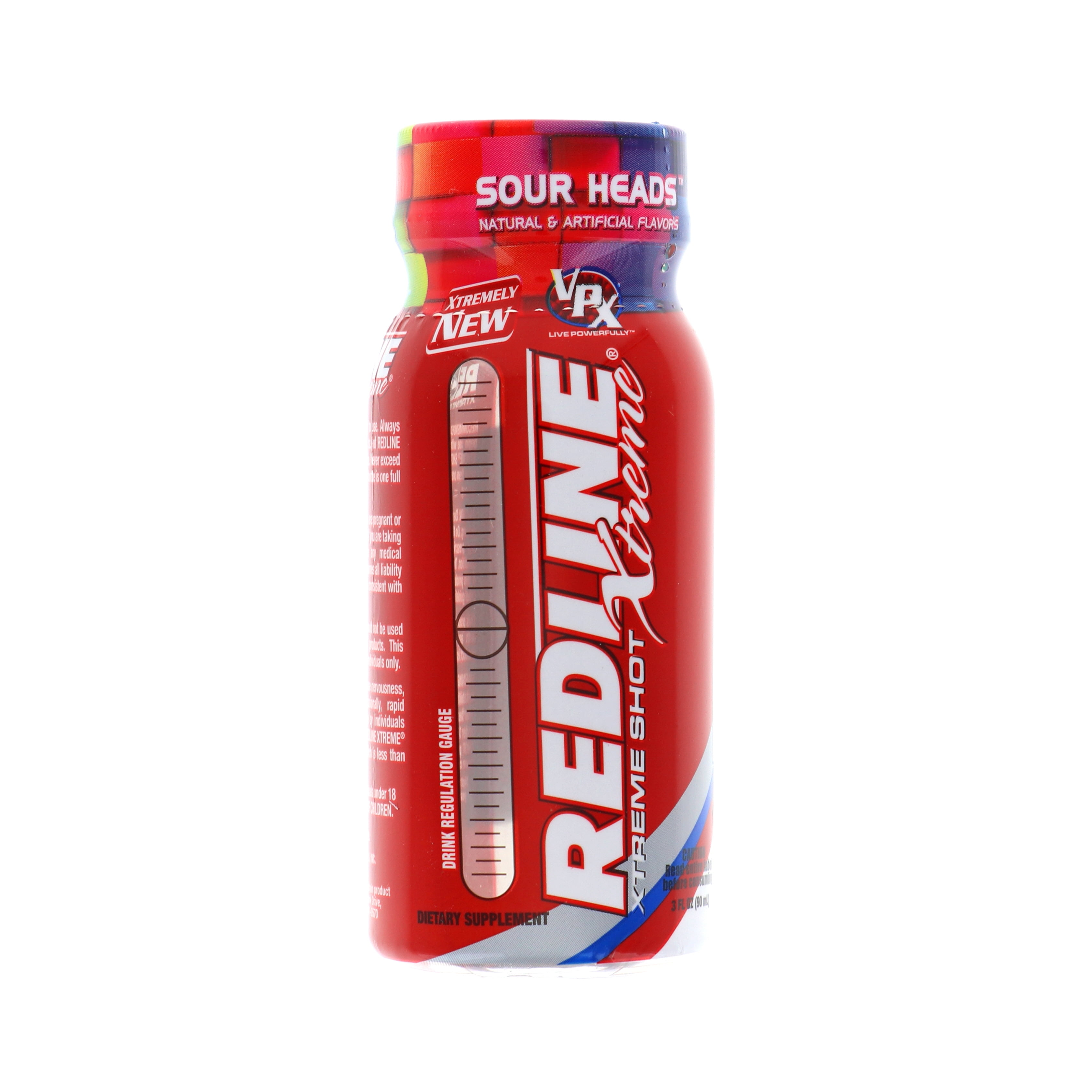
It may be characterized by addictive symptoms similar to those of a drug addiction, and it’s linked to various health issues.Īn energy drink addiction can happen gradually or quickly. SummaryĪn energy addiction involves drinking excessive amounts of these beverages without being able to moderate your intake. Purchasing one, two, or more energy drinks daily can cost as much as a cigarette addiction. Artificial sweeteners have also been linked to an increased risk of type 2 diabetes and metabolic syndrome ( 13, 14, 15).Īside from health issues, regularly purchasing energy drinks can affect your finances. While sugar-free energy drink options may seem more appealing due to their low sugar and calorie content, they still contain just as much caffeine. Studies have also linked frequent energy drink and sugar-sweetened beverage intake to chronic health issues, such as heart disease, type 2 diabetes, and kidney disorders ( 10, 11, 12). But larger cans, such as 20-ounce (590-mL) ones, can easily add an extra 275 calories or more per day, depending on how many cans you drink ( 9). This side effect is more concerning if you regularly drink full-sugar energy drinks, as the sugar feeds the bacteria that form plaque, which promotes tooth decay ( 8).Īdditionally, frequent energy drink consumption may cause weight gain.įull-sugar energy drinks contain around 110 calories - all from sugar - per 8.4-ounce (250-mL) serving. This can make you more prone to dental issues, such as cavities ( 7). Side effectsĪn energy drink addiction can have other negative side effects.įor starters, energy drinks are acidic, and frequently consuming them can discolor your teeth and wear out your enamel over time. the inability to control your energy drink intakeĪnother sign is experiencing withdrawal symptoms when abstaining from energy drinks, such as headaches, irritability, fatigue, and a depressed mood ( 6).a mental image of drinking energy drinks.Signs of an addictionĪn addiction to energy drinks can involve addictive symptoms that are related to brain and nervous system function, such as the following: However, for the purpose of this article, it will be defined as drinking excessive amounts of energy drinks without being able to control your intake. There’s no official definition for an energy drink addiction. What can make energy drinks addictive to some people is they contain several potentially habit-forming substances, such as caffeine, as well as sugar or artificial sweeteners ( 3, 4, 5).

It is represented by Harold Hewell.An addiction is a psychological condition that involves an ongoing desire to use a substance or engage in a behavior, despite its negative consequences ( 1).Īlthough they may not seem as harmful as drug addictions, food addictions, such as an energy drink addiction, share many behavioral similarities ( 2). The class demands an injunction and punitive damages. The company also sells Redline Concentrate and Redline Gel Caps, according to the complaint.

Vital sells the drinks under the names Redline RTD, Redline Princess, Redline Power Rush and Redline Xtreme. These dangerous substances include anhydrous caffeine, evodiamine, tyrosine, yerba mate extract, green tea extract, 5-HTP, vinpocetine and yohimibine, according to the complaint.Īaronson claims Vital fails to warn consumers of the dangers of its products.Īnd he claims the drinks come in large cans that contain two servings, causing most drinkers to unwittingly consume a double dose.

Lead plaintiff Zack Aaronson claims that Vital Pharmaceuticals pushes its Redline drinks as "fat burners" and "energy enhancers." But he says the drink has ingredients that produce serious side effects and have not been adequately studied.

The class claims that Vital Pharmaceuticals' Redline "energy enhancers" and "fat burners" have sent some people to the hospital. SAN DIEGO (CN) - Redline energy drinks can cause vomiting, chest pains, rapid heartbeat, convulsions, and "possibly death," a class action claims in Federal Court.


 0 kommentar(er)
0 kommentar(er)
